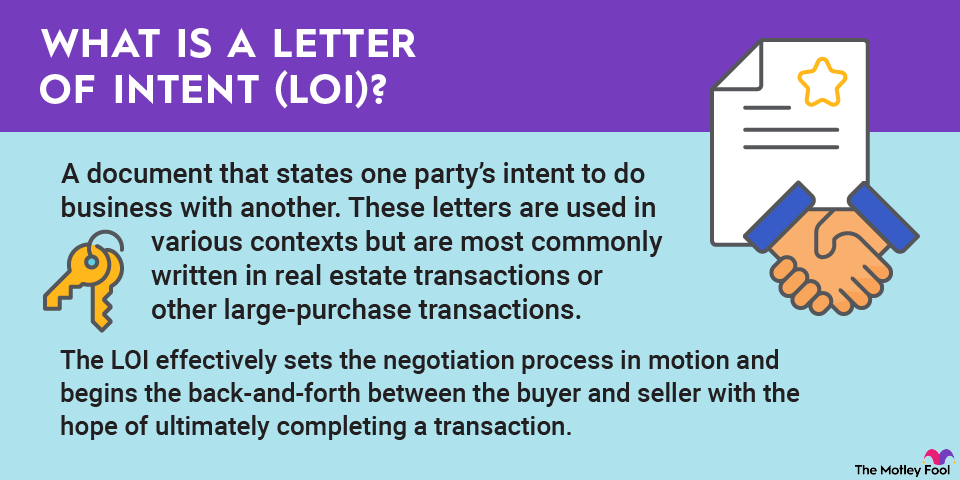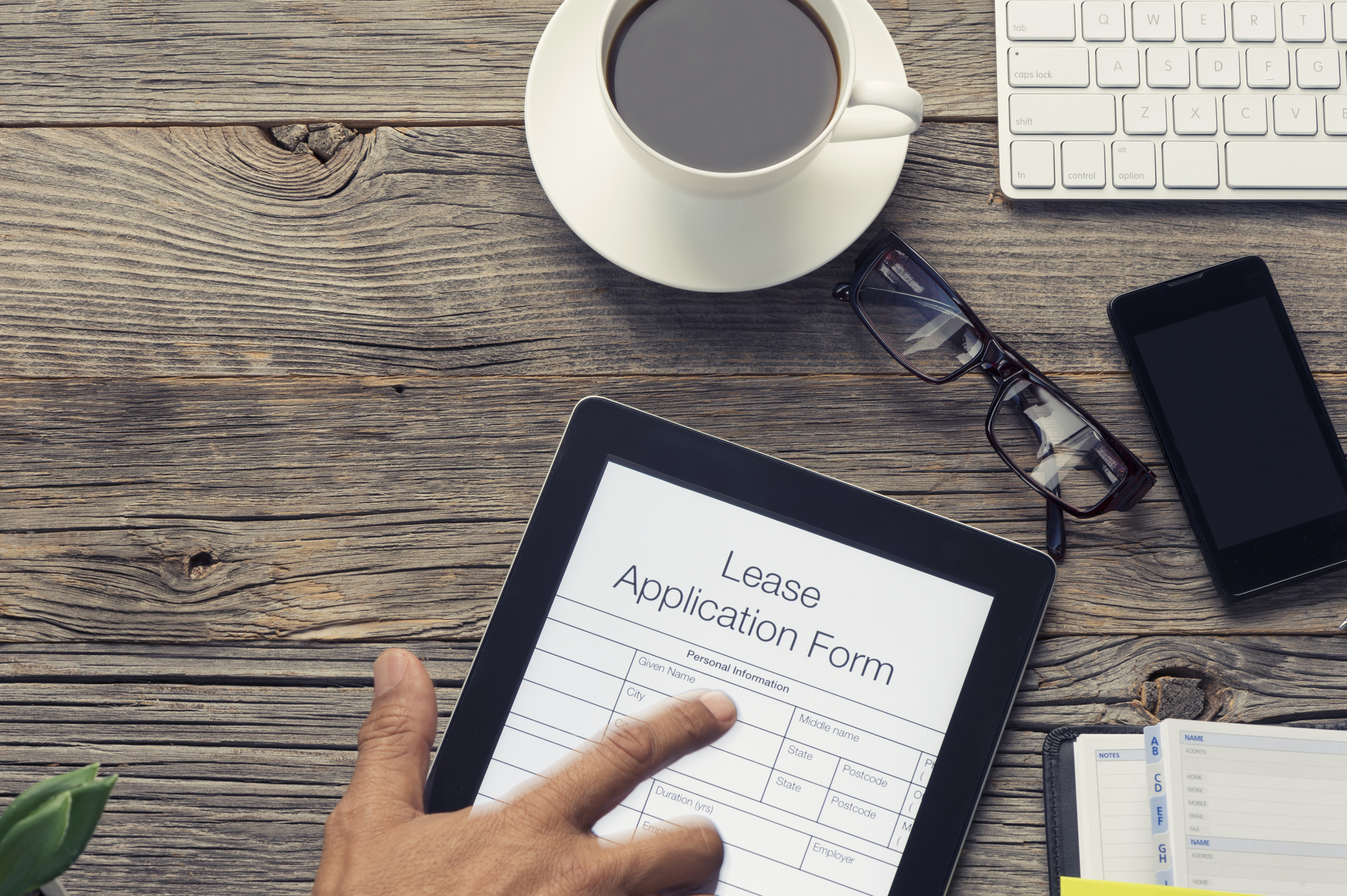A living will is a legal document indicating the type of medical care someone wants (or doesn't want) in the event they're unable to communicate their wishes.
A living will addresses what medical professionals should do with regard to life-prolonging treatments such as resuscitation, ventilation, and dialysis. The document may also designate a healthcare proxy, who is authorized to make medical decisions on behalf of the person who wrote the will.
A living will should not be confused with a last will and testament, which instructs an executor on how to distribute one's assets after their death. It also shouldn't be confused with a living trust, which is set up to transfer assets to loved ones.

What is a living will?
A living will comes into effect when a person becomes incapacitated or otherwise unable to make clear decisions about life-preserving medical treatments. It details the desired and undesired procedures medical providers should take.
A living will is a type of advance directive. An advance directive is an umbrella term for a document that may contain a living will but could also include any important information about a person's health.
Every state provides a form for filing a living will. Some require you to use the standard form, but others allow you to customize the details as you see fit.
Creating a living will before medical issues become a burden can relieve the stress from your loved ones. They won't have to determine what you would have wanted or what healthcare is in your best interest.
What to include in a living will
A living will should include directives on all the potential procedures a medical care provider may need to perform if you become incapacitated and unable to convey your wishes. You can designate which medical treatments you would like performed and how long to perform them. Some common procedures include:
- Ventilation. If you require breathing assistance, you may be intubated with a breathing tube.
- Supplemental feeding. If you're unable to feed yourself, care providers may insert a feeding tube or provide nutrition intravenously.
- CPR. If your heart stops, you may be resuscitated via manual CPR or a device that delivers an electric shock to try to restart the heart.
- Dialysis. A system that removes waste from your blood if your kidneys stop functioning.
- Comfort care. This includes various interventions, including pain medications, to keep you comfortable at the end of life. It may also mean avoiding certain interventions or tests that cause discomfort.
- Medications. List which medications and antibiotics you do and don’t want.
A living will can also designate a healthcare proxy. Also known as a medical power of attorney, a healthcare proxy can make decisions that aren't explicitly communicated in the living will.
You can also declare whether you'd like to donate your organs, bodily tissues, or your entire body upon death. And you can give instructions on what to do with your remains.
How to write a living will
As you plan to write a living will, you should consult your doctor about your potential future care. They may be able to walk you through exactly what would happen in certain cases. That way, you'll have better information to help make your decisions.
An estate planning attorney will be able to craft a document that meets your state's requirements and is enforceable. Each state provides a form to craft a living will. If you do not follow the form, your living will may not be enforceable. Be sure the living will you create is enforceable in any state where you spend significant amounts of your time.
It's up to you to determine the kinds of care you want and don't want, in what situations you want those treatments, and how long those treatments should last. You can also include any other considerations like religious or philosophical beliefs you wish to be observed.
You can also designate your healthcare proxy and detail what to do with your remains.
Once the document is completed, signed, and witnessed, you should file copies with all important parties-- your doctor, your hospital, your healthcare proxy, and your family.
Related investing topics
Who needs a living will?
A living will is an important document for just about anyone. You never know when you could become incapacitated or be unable to make your own medical decisions. There are some individuals, however, who may find additional comfort in drafting a living will.
If you're fighting a chronic illness, a living will becomes much more pertinent. Someone going in for a major surgical procedure will likely want a living will just in case doctors face any complications. Even healthy adults facing old age (however you define it) should have a living will since health can deteriorate much more quickly as we become older.
Without a living will, providing important life-sustaining care becomes much more difficult and puts undue emotional stress on your loved ones or whoever needs to make decisions for you.


















